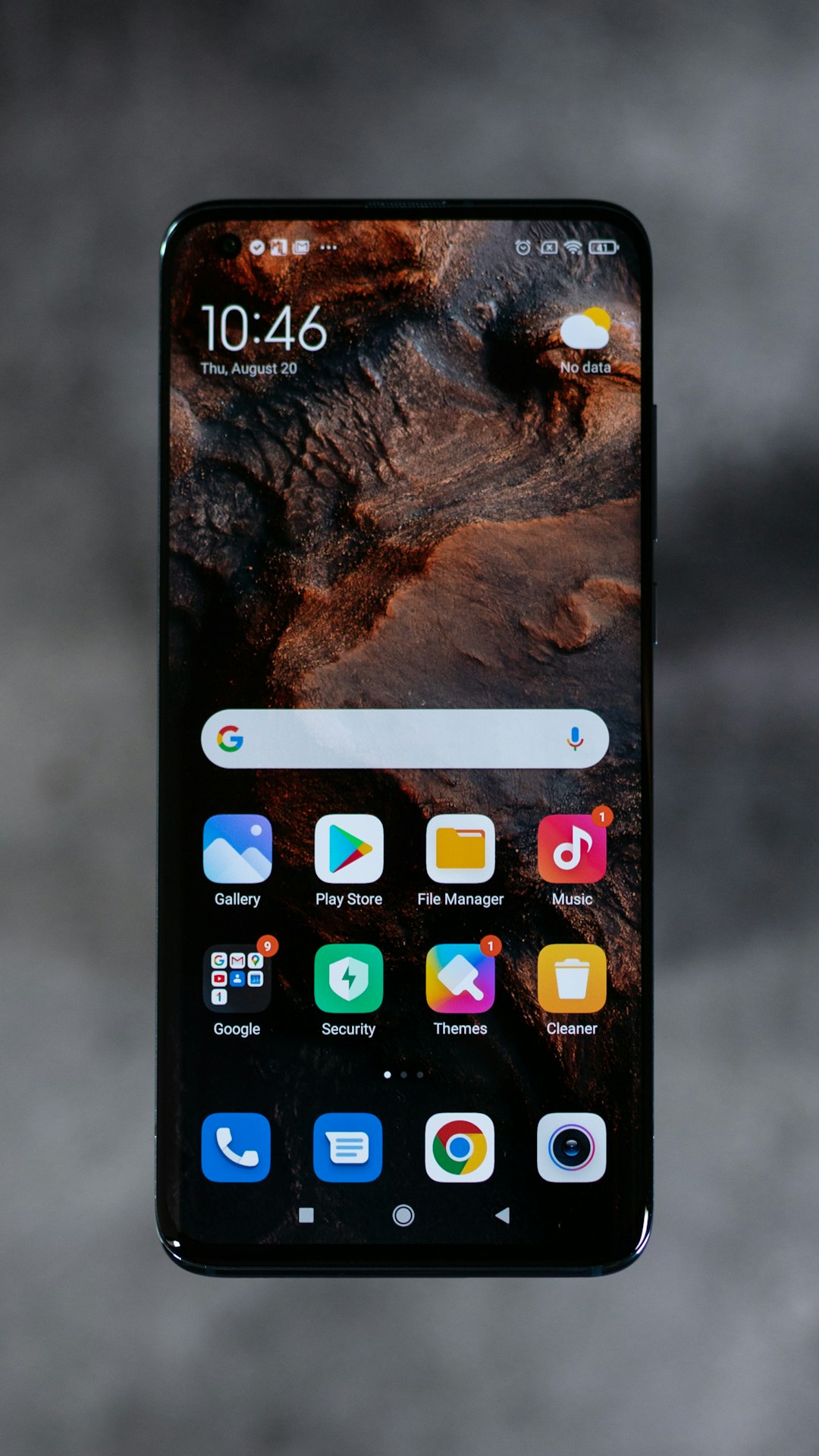Graceland University implements the Lamonis Strategy to comply with Iowa's No Call Laws, balancing marketing efforts with student privacy and well-being by understanding regulations, obtaining explicit consent, educating communities, and employing robust monitoring systems to prevent unwanted communication.
“In the competitive landscape of higher education, ensuring student privacy and compliance with state regulations is paramount. This article explores Graceland University’s strategic approach to call protection, specifically tailored for Iowa’s stringent No Call Laws. By delving into ‘The Lamonis Strategy,’ we uncover key principles designed to safeguard students from unwanted calls while maintaining institutional compliance. Understanding these measures is essential for educational institutions navigating the complex environment of privacy regulations.”
Understanding Iowa's No Call Laws

Iowa’s No Call Laws are designed to protect residents from excessive phone marketing calls, ensuring a more peaceful and less intrusive environment. These laws govern how businesses can contact consumers regarding sales or promotions, putting restrictions on when and how often calls can be made. Understanding these regulations is crucial for companies aiming to implement effective marketing strategies while adhering to legal boundaries.
For instance, the state limits the number of automated or prerecorded calls a business can make to a consumer in a specific time frame. Additionally, businesses must respect consumers’ requests to stop receiving calls within a reasonable timeframe. By respecting these No Call Laws, companies like Graceland University can foster positive relationships with potential students and maintain compliance, ensuring their marketing efforts resonate without being perceived as intrusive.
Lamonis Strategy: Key Principles

At its core, the Lamonis Strategy for Graceland University Call Protection is built around several key principles designed to navigate the complex landscape of No Call Laws in Iowa. The first principle emphasizes comprehensive knowledge of state regulations, ensuring that all calls made align with legal boundaries. This involves a deep understanding of exemptions and restrictions, such as those related to telemarketing, political campaigns, and non-profit organizations.
Additionally, the strategy underscores the importance of obtaining explicit consent from callers before engaging in any communication. This not only helps in avoiding potential legal repercussions but also fosters trust with the university community. By prioritizing transparency and respect for individual privacy, Graceland University can maintain a robust call protection program that adheres to Iowa’s No Call Laws while safeguarding its communications channels.
Protecting Students and Compliance

At Graceland University, one of the primary concerns for administrators is ensuring student safety and well-being while adhering to state regulations, particularly No Call Laws in Iowa. The Lamonis Strategy for Graceland University Call Protection is a comprehensive approach designed to safeguard students from unwanted or harassing phone calls, texts, and other forms of communication. This strategy not only protects students’ privacy but also fosters a secure academic environment.
By implementing the Lamonis Strategy, the university aims to comply with Iowa’s No Call Laws while maintaining open lines of communication that are respectful and beneficial. The strategy includes education for both students and staff on responsible communication practices, clear guidelines for permissible contact, and robust monitoring systems to track and address any potential violations. This proactive approach demonstrates Graceland University’s commitment to providing a supportive and compliant educational experience for all its students.






